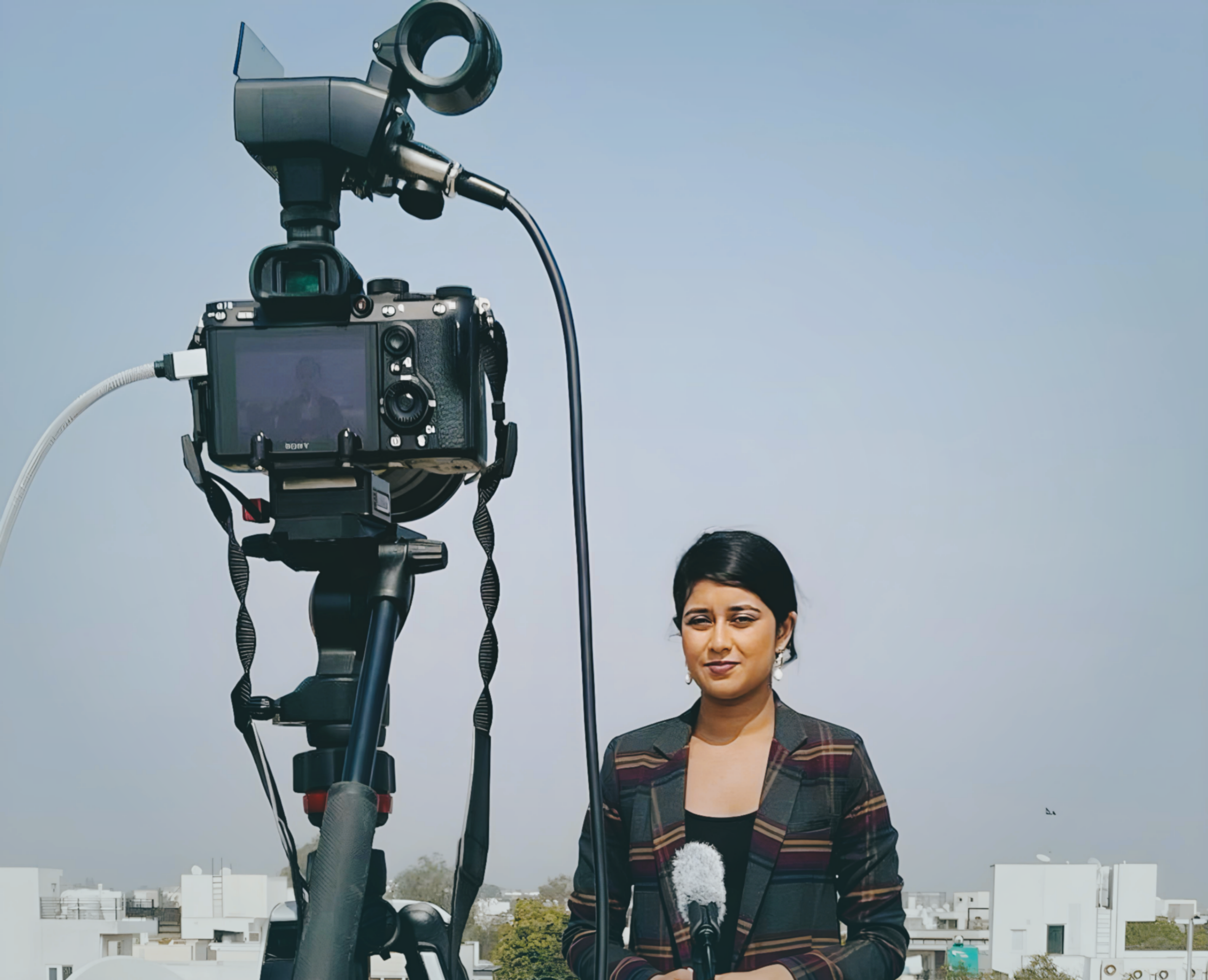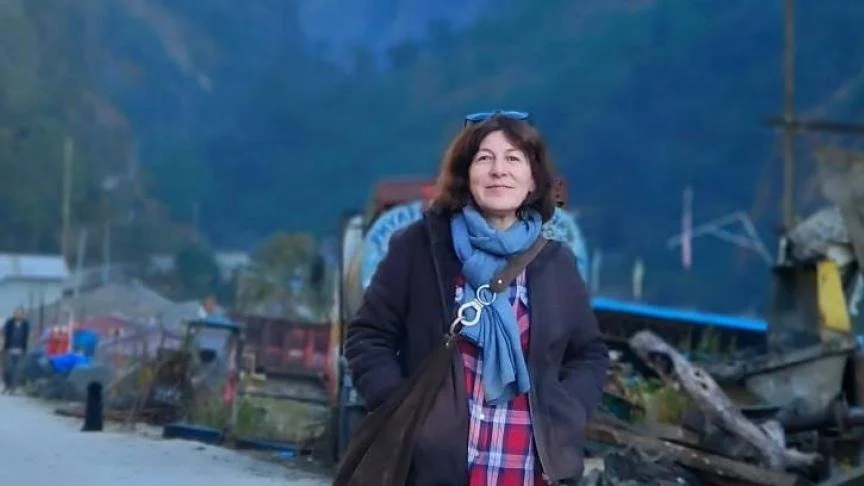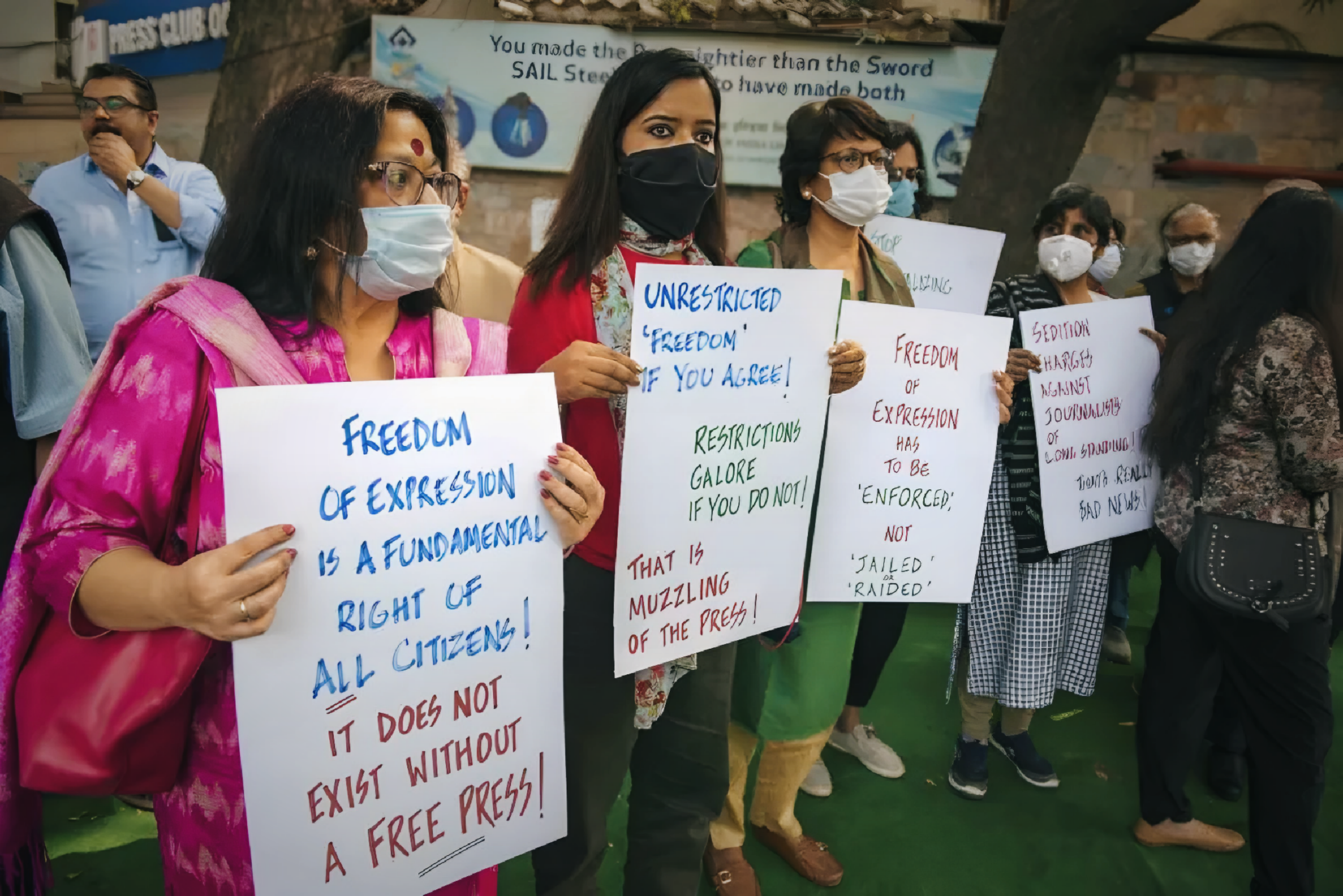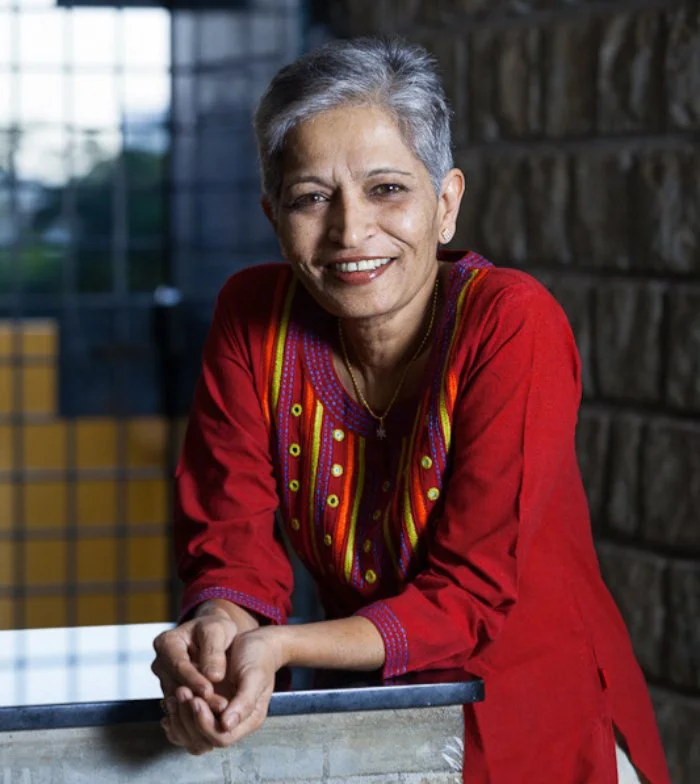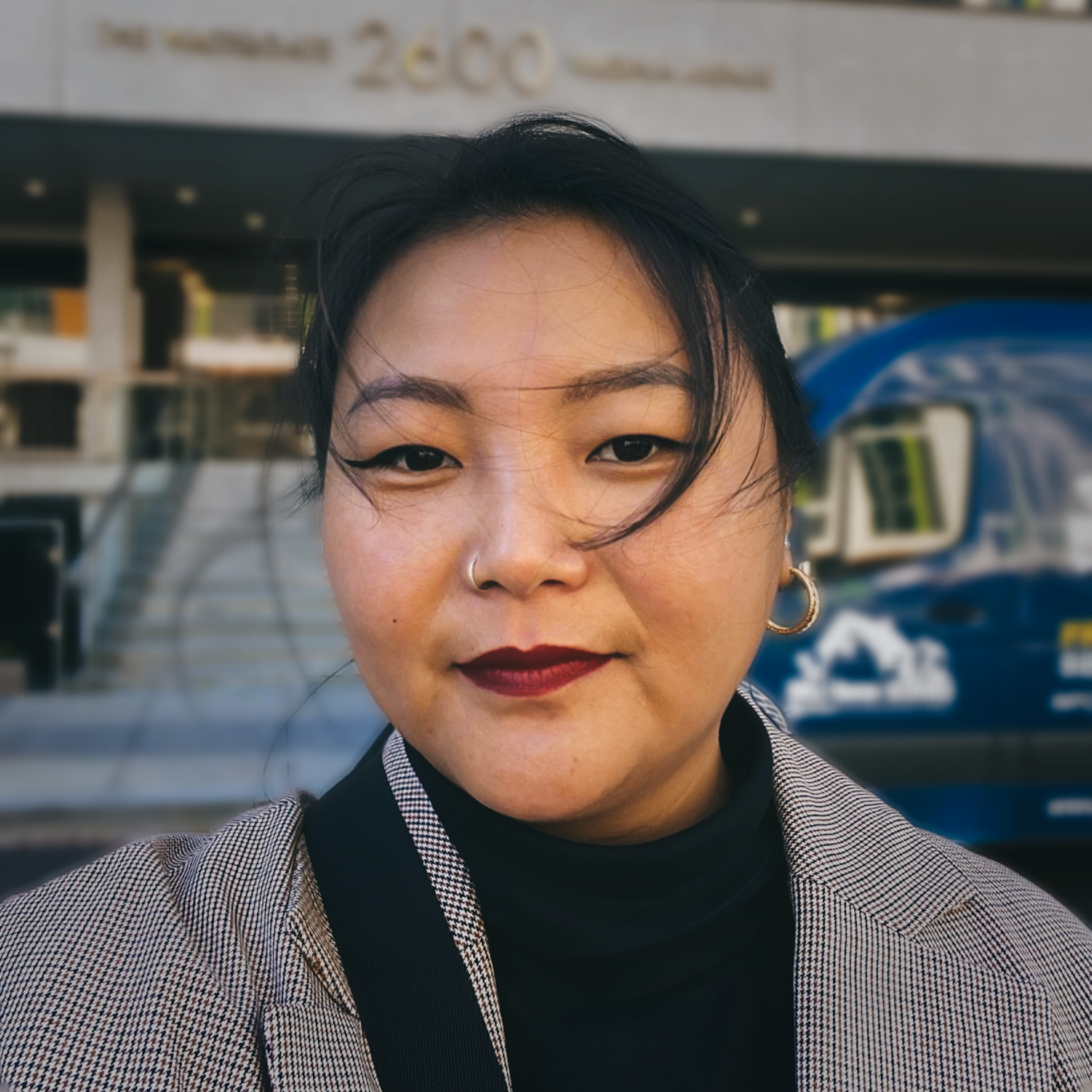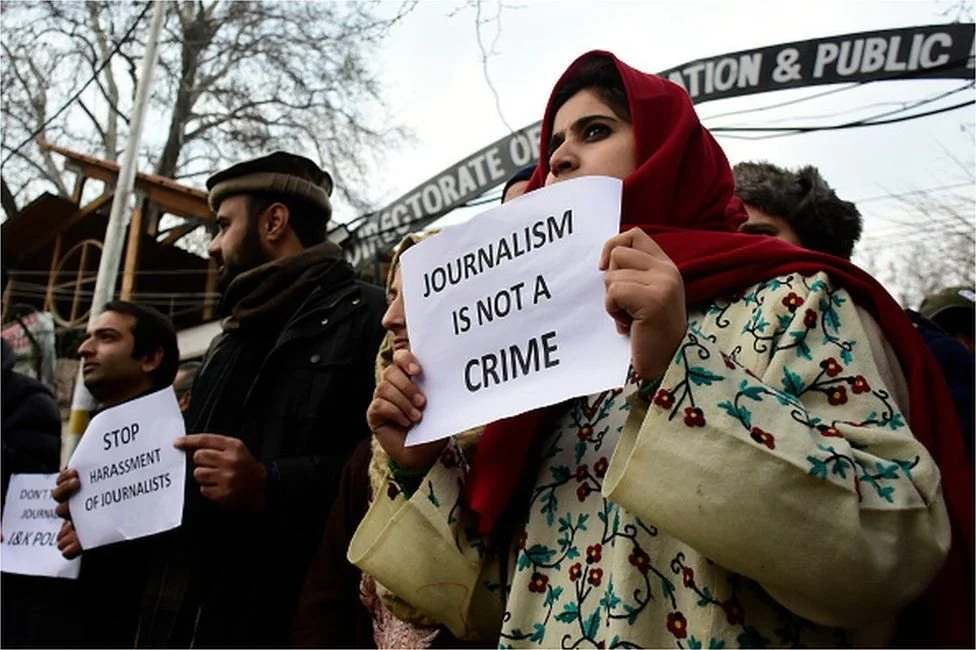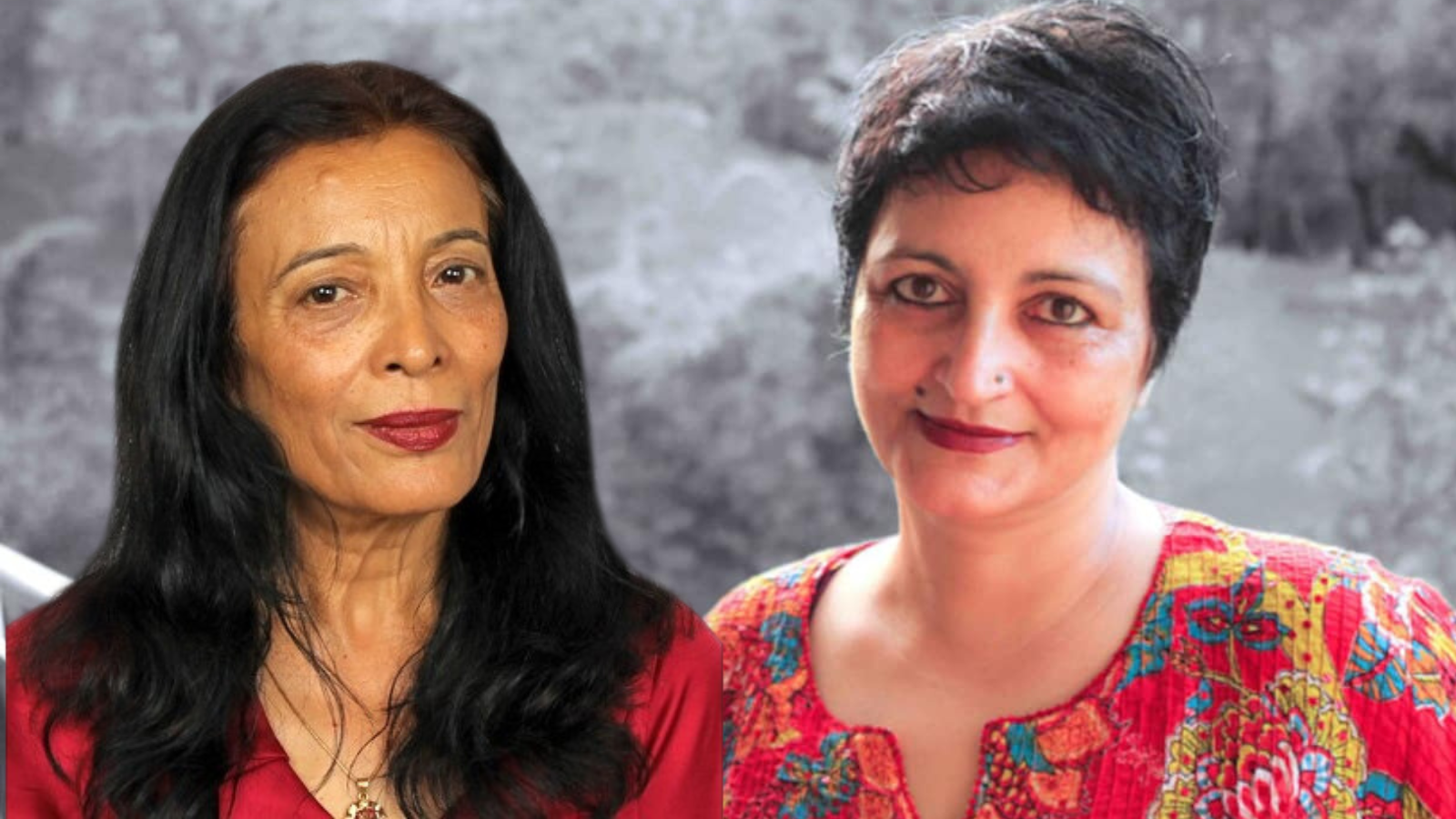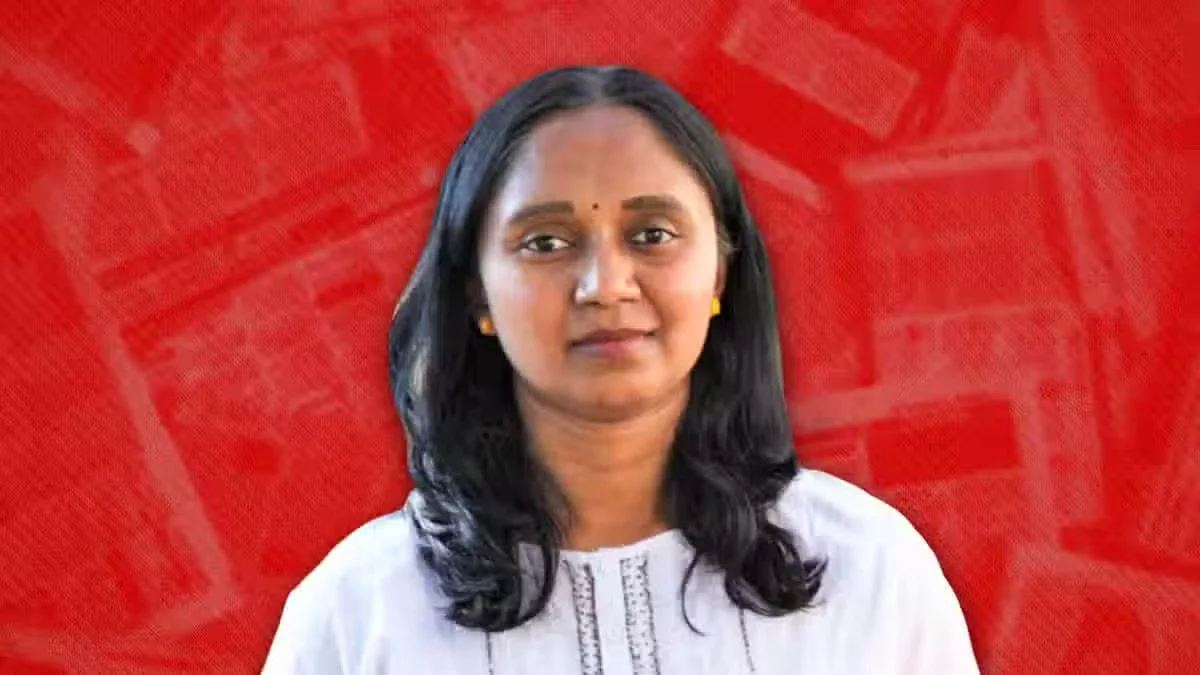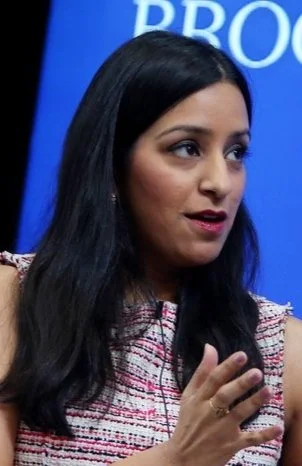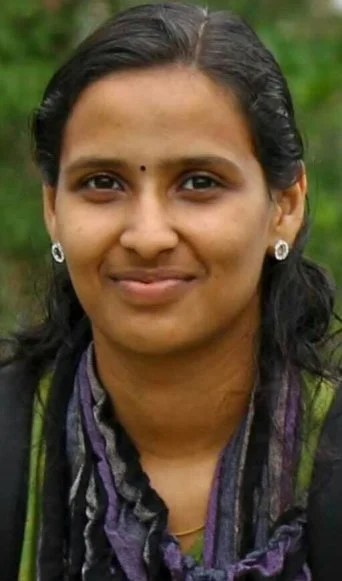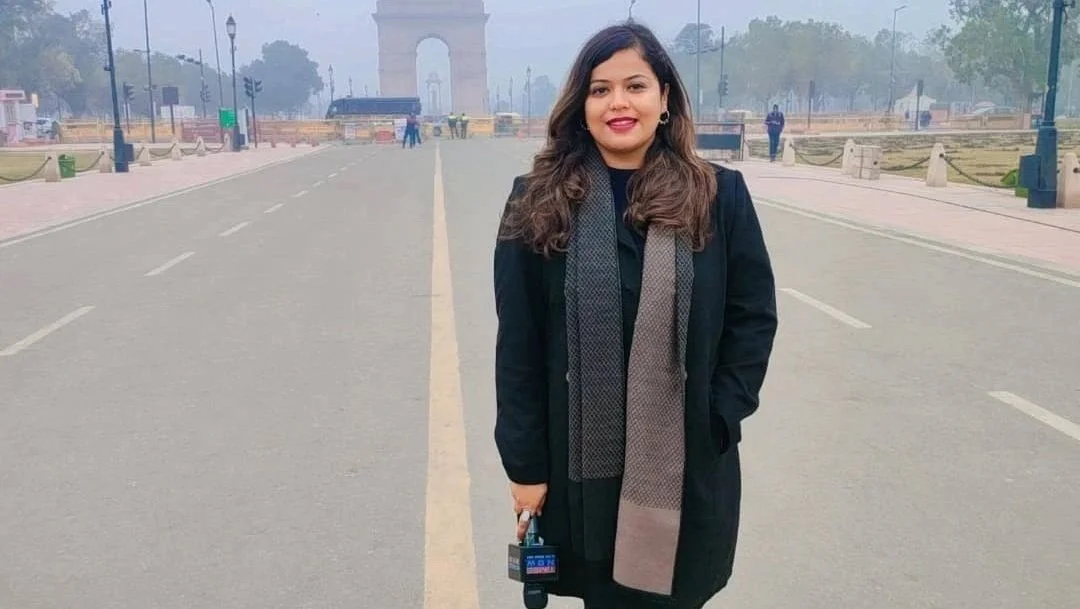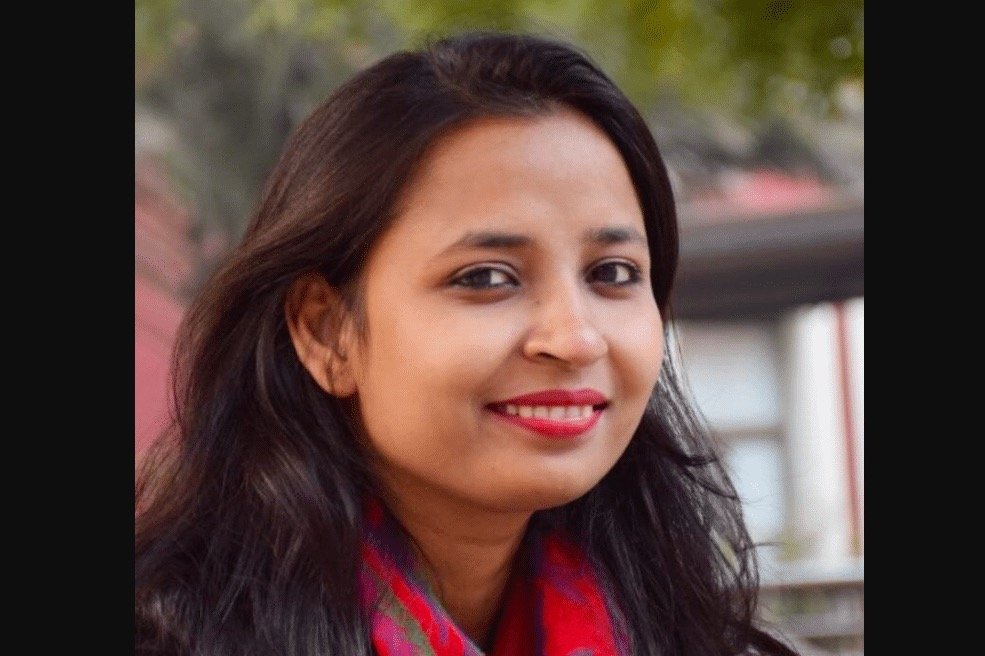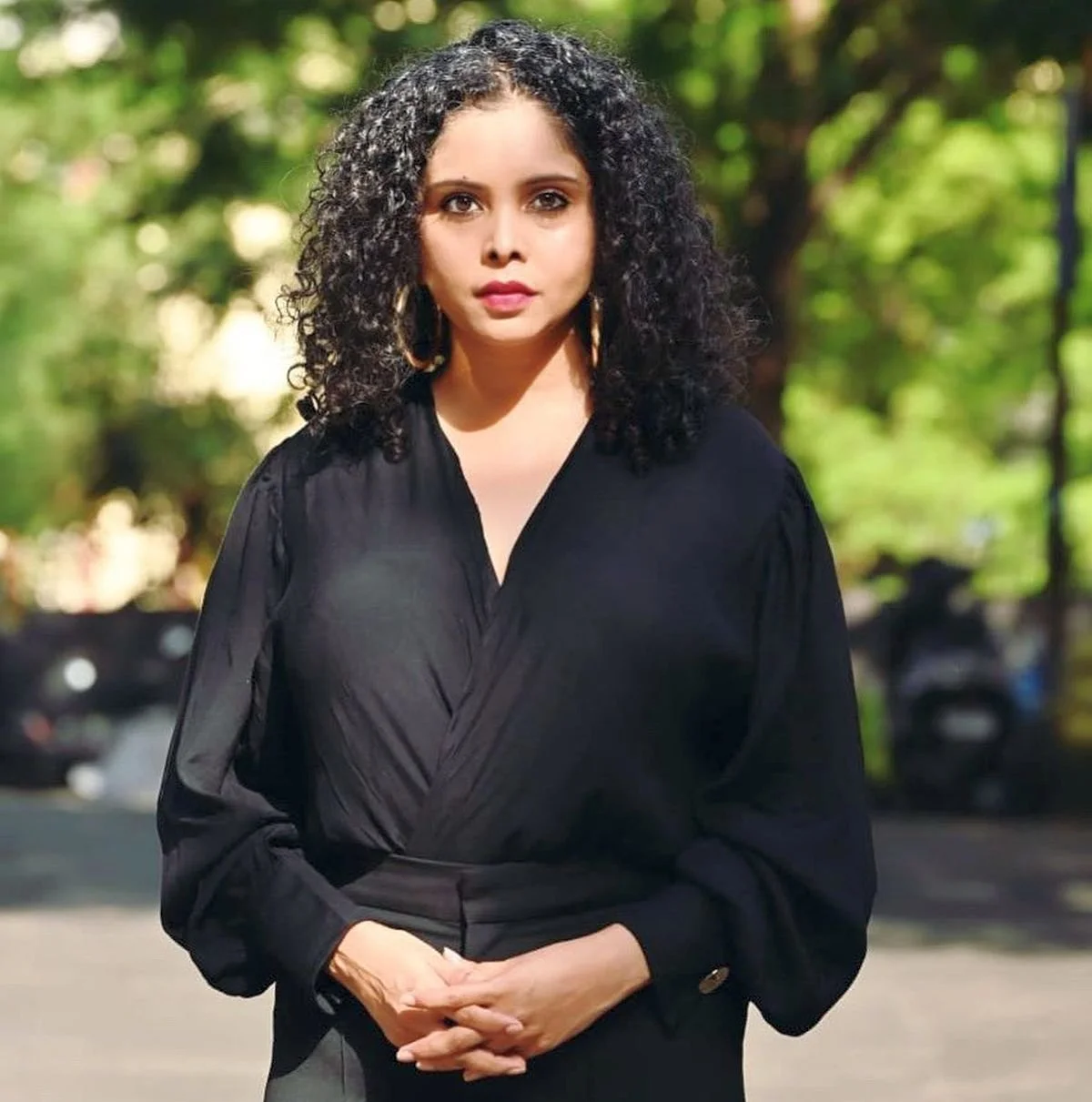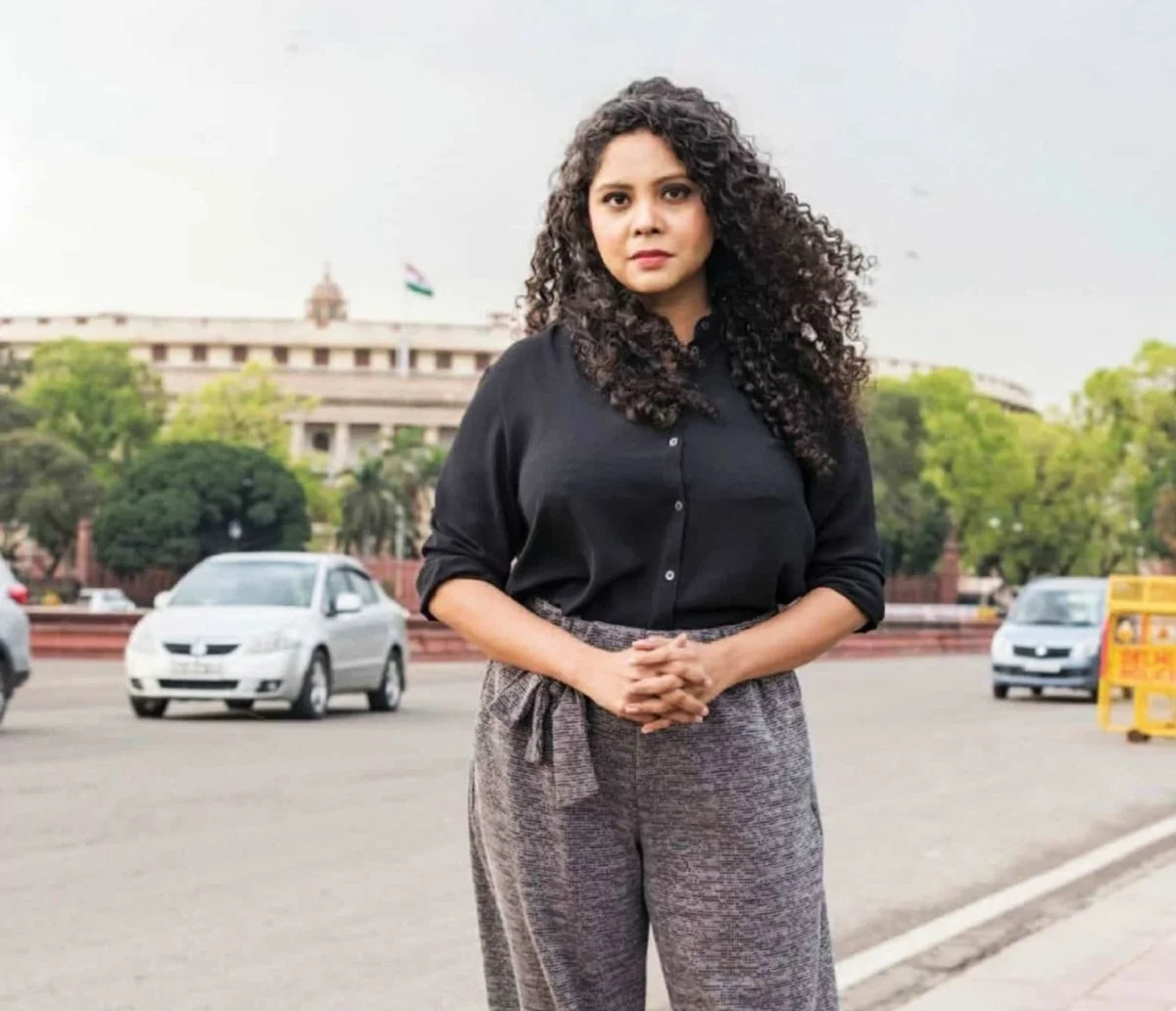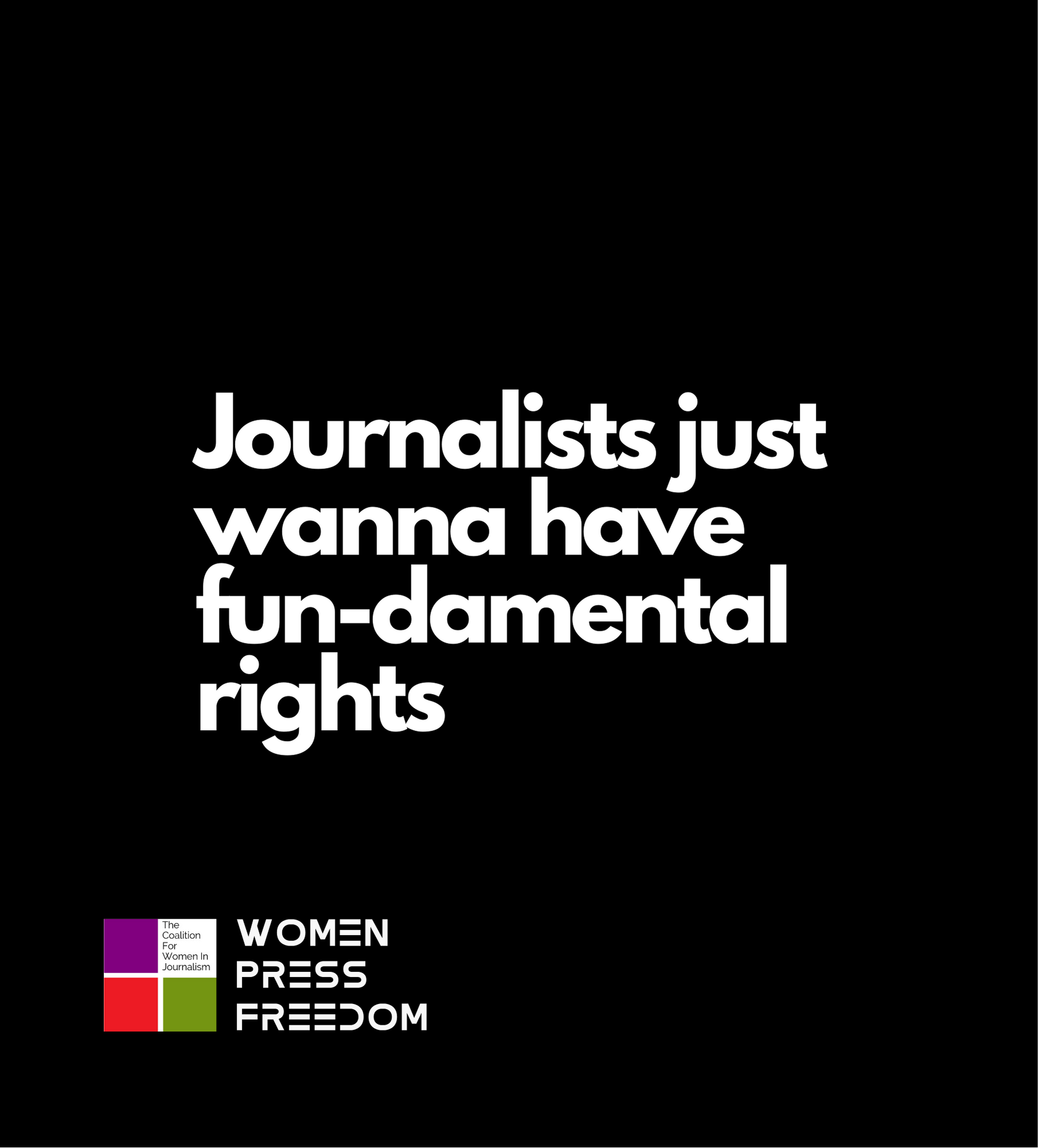India: ABC Correspondent Avani Dias Compelled to Leave India Over Election Reporting Dispute
Dias told by official her reporting on Sikh separatist's killing was “crossing a line”
Location: India, New DelhiDate: April 24, 2024Women Press Freedom condemns the forced departure of Avani Dias, an Australian journalist and the South Asia correspondent for the Australian Broadcasting Corporation (ABC). As India enters a critical phase of its democratic process with the commencement of a six-week-long election, the denial of Dias's visa extension is not just an isolated bureaucratic hurdle; it is a clear indication of a shrinking space for free journalism and open discourse on matters of public concern. Dias's reporting on sensitive topics, including the killing of a Sikh separatist leader, has been cited as the primary reason for the Indian government's decision to deny her the necessary credentials to continue her journalistic duties in India. This action by the Indian authorities goes against the very essence of a vibrant democracy, which thrives on diverse opinions and rigorous scrutiny by the press. The timing of this decision—just as the nation embarks on a monumental electoral exercise—raises significant questions about the intentions behind restricting press activities. Such measures not only tarnish the image of India as the world’s largest democracy but also cast a long shadow on the electoral process itself, potentially affecting its perceived legitimacy both domestically and internationally. The ability of journalists to report freely is integral to the health of any democracy, ensuring transparency, accountability, and an informed electorate. Women Press Freedom urges the Indian government to reconsider its approach towards foreign journalists and ensure that their rights to report and move freely are not hindered.
Avani Dias, an Australian journalist known for her role as the South Asia correspondent for the Australian Broadcasting Corporation (ABC), has left India abruptly as the nation embarks on its six-week-long general elections. Dias was informed by an official from the Indian Ministry that her visa extension would not be granted due to her reporting, which they claimed "crossed a line."
“(They) specifically said it was because of my Sikh separatist story...saying it had gone too far...and he even referenced this podcast,” says Dias. "It felt too difficult to do my job in India. I was struggling to get into public events run by Modi's party. The government wouldn't even give me the passes I needed to cover the election, and the ministry left it all so late that we were already packed up and ready to go," added Dias.
This development comes at a critical moment, as nearly a billion registered voters in India began casting their ballots in an election that could see Prime Minister Narendra Modi secure a third term. The refusal to extend Dias's visa has raised concerns among the international journalistic community regarding the freedom of the press in India.
Dias, who was set to cover the elections, reportedly received an initial extension after intervention from Australian authorities but was later denied. According to Dias, the Indian Ministry also blocked her accreditation for election coverage, compelling her to leave the country as the voting commenced.
The journalist shared her ordeal on Twitter, indicating that the sudden decision forced her to leave less than 24 hours before her flight. Her coverage included a controversial topic involving the killing of a Sikh separatist leader, which, according to Dias, was the main reason cited by the Indian official for the visa denial.
ABC says its team “faced pressure from Indian authorities” during their investigation. “They were questioned by Indian criminal intelligence officials about their reporting and were blocked from filming a public event in Punjab.”
The outlet’s managing director David Anderson says the Australian broadcaster stands by Dias’ reporting. “The ABC fully backs and stands by the important and impactful reporting by Avani Dias during her time as ABC correspondent in India."
At least 15 foreign journalists in India signed a condemnation statement on April 23, backing Dias after her departure from India. “We, the undersigned foreign correspondents based in India, would like to register our strong protest at the treatment by Indian authorities of our colleague, Avani Dias.”
The denial to extend her visa shortly follows Vanessa Dougnac — a French journalist with a long-standing connection to India, where she has lived for 22 years and is married to an Indian citizen — being forced to leave the country following a series of government actions against her. The Indian Home Ministry threatened to deport Dougnac two years after her work visa was revoked, citing her journalism as "malicious and critical."
The revocation of Dougnac's work visa and the subsequent threats have been linked to her coverage of sensitive topics, including India’s export bans, arms production, and the treatment of minorities. The Foreigners Registration Office of the Ministry of Home Affairs, in a notice, accused her journalism of creating a "biased negative perception about India" and potentially inciting disorder.
In a separate but related incident, Professor Nitasha Kaul, a British-Kashmiri academic based in London, was denied entry into India on February 25, 2024, upon her arrival at Bengaluru Airport. Journalist Rajvanshi, who has covered the Sikh separatist movement for TIME magazine, faced severe threats and attacks by supporters of Prime Minister Modi. She was even threatened with death charges under Indian laws due to her reporting on the issue. Sabrina Siddiqui, a White House correspondent for the Wall Street Journal, faced online harassment from members of Modi's party after she raised questions about discrimination against minority groups in India during Modi's visit to the US in June of the previous year.
Women Press Freedom condemns in the strongest terms the forced departure of Avani Dias. As India commences its significant electoral process, the denial of Dias's visa extension not only highlights a bureaucratic overreach but also signals a distressing trend towards stifling journalistic freedom. The timing of this denial, coinciding with the start of India's extensive election period, raises critical concerns about the underlying intentions of restricting journalistic activities during such a pivotal time. The actions against Dias are not isolated incidents but part of a broader, alarming pattern wherein the Indian authorities seem to be systematically curtailing the freedoms of international journalists. Such measures not only tarnish India's image as a robust democracy but also cast a long shadow on the electoral process, potentially impacting its integrity and the international community's perception of its outcomes. The denial of fundamental journalistic freedoms and the targeting of journalists for performing their duties are antithetical to the principles of transparency and accountability that democracies must uphold. We urge the Indian government to reconsider its stance and reinstate the credentials of Avani Dias, allowing her to continue her reporting without fear of undue interference. Moreover, we call upon the global community to stand in solidarity with journalists like Dias and Dougnac, advocating for their right to report freely and without retaliation. Upholding press freedom is essential not only for India but for the health of democracy globally.
Women Press Freedom is an initiative by The Coalition For Women In Journalism
The Coalition For Women In Journalism is a global organization of support for women journalists. The CFWIJ pioneered mentorship for mid-career women journalists across several countries around the world and is the first organization to focus on the status of free press for women journalists. We thoroughly document cases of any form of abuse against women in any part of the globe. Our system of individuals and organizations brings together the experience and mentorship necessary to help female career journalists navigate the industry. Our goal is to help develop a strong mechanism where women journalists can work safely and thrive.
If you have been harassed or abused in any way, and please report the incident by using the following form.


